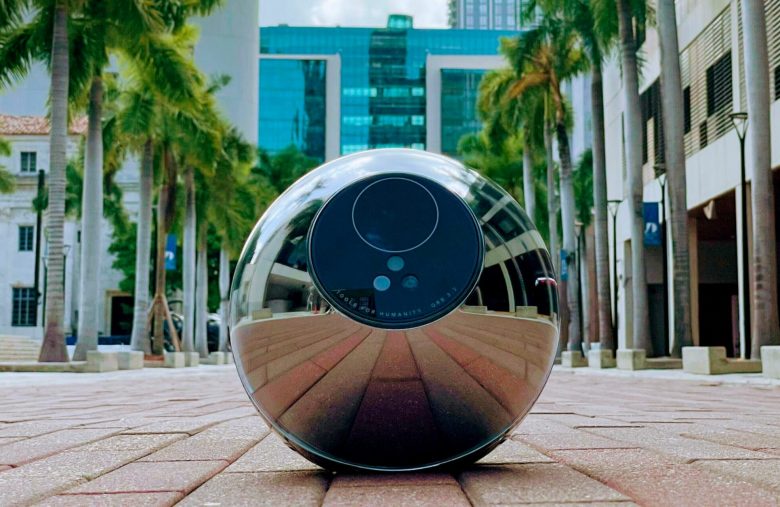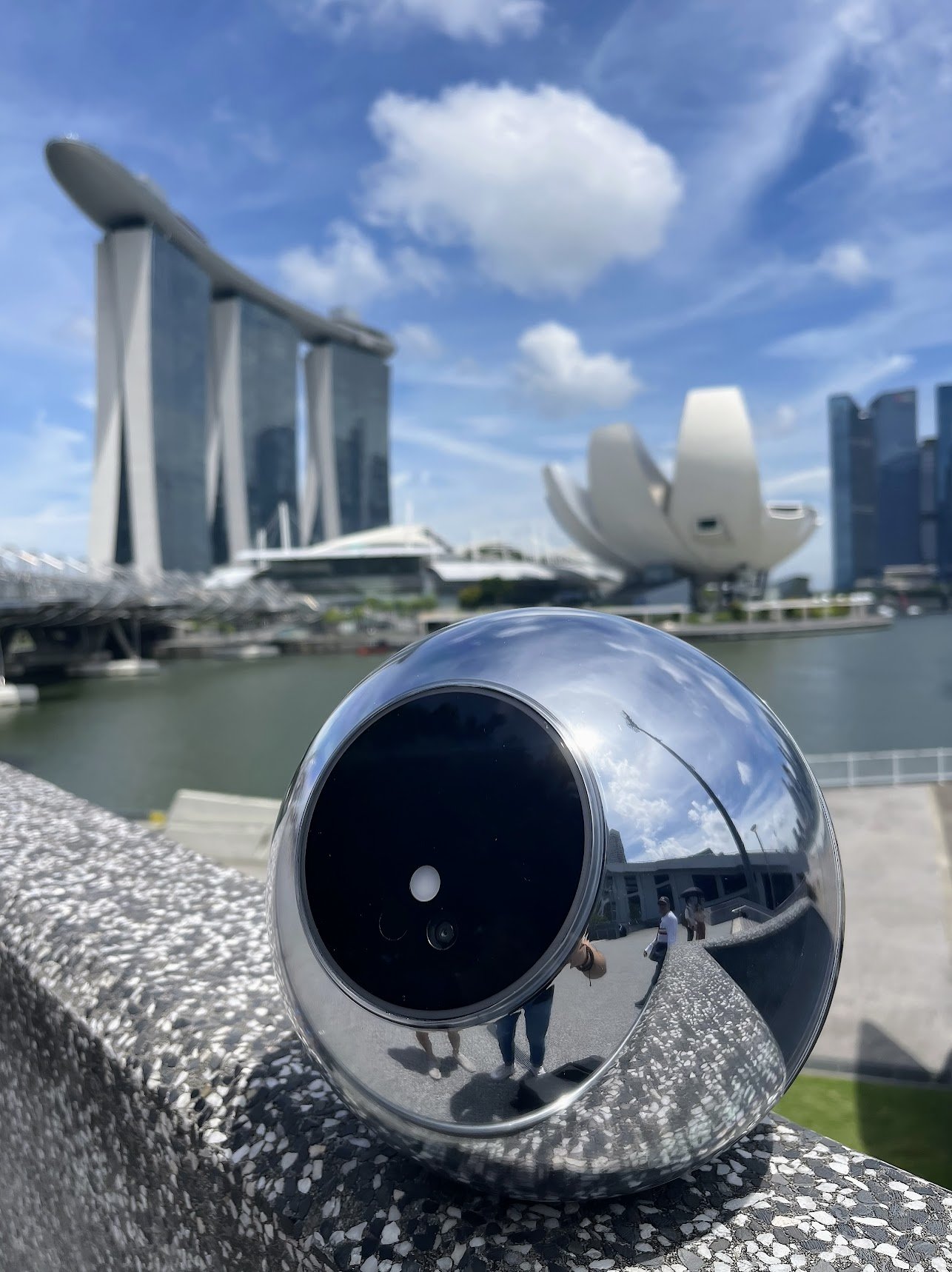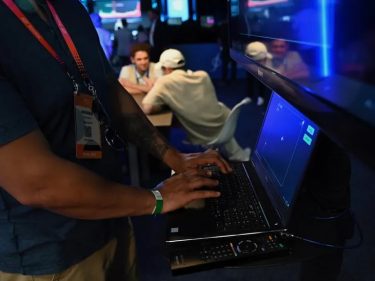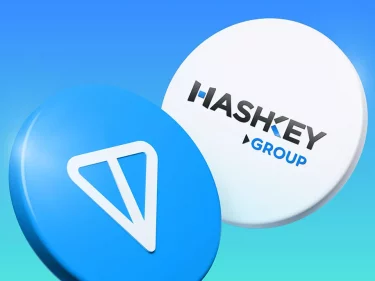Proving Personhood with Biometric Verification: Worldcoin’s Orb is Hereº

Introducing Worldcoin’s Orb! Sam Altman, CEO of OpenAI, has successfully brought his ambitious blockchain-based global verification system to life. Significantly, this system uses an eyeball-scanning orb to verify personhood, creating a digital passport that ensures human identity remains distinct from AI. Additionally, Altman envisions a future where Worldcoin could even pave the way for AI-funded universal basic income while maintaining privacy. But, as you can imagine, not everyone is happy about it. Let’s dive in!
TL;DR:
- Worldcoin raises $250 million with support from prominent investors like Andreessen Horowitz and Khosla Ventures.
- 150 operational orbs available, expanding to 1,500 orbs across 35 cities and 5 continents by 2023.
- Worldcoin addresses the challenge of distinguishing humans from AI in the digital world, critics raise concerns about privacy, accessibility, centralization, and security issues.

Step into the Future with Worldcoin’s Orb
Worldcoin has already raised an impressive $250 million during its years in development. This is due to the backing of prominent investors such as Andreessen Horowitz, Khosla Ventures, and LinkedIn’s Reid Hoffman. The recent launch announcement has sparked immense interest, with over two million users participating in the beta version.
To participate in Worldcoin, you’ll need to schedule a scan using the orb. Markedly, the orb is a biometric verification device. This device, about the size of a bowling ball, serves as a digital litmus test to confirm your human identity.
Currently, there are 150 operational orbs available for those eager to prove their humanity. However, the plan is to expand to 1,500 orbs in 35 cities across five continents by the end of 2023. After the scan, you’ll receive a unique World ID, a “digital passport” securely stored on your mobile device, confirming that you’re a genuine human, not an AI bot.
Privacy vs. Progress
In today’s digital world, our digital identity holds immense value. Particularly as AI becomes increasingly prevalent in the workforce. To address the growing concern of confusion between humans and AI, Worldcoin offers a unique solution. Basically, the need to establish “personhood” is more crucial than ever.
Detecting human involvement in various tasks is becoming increasingly challenging. While the U.S. is still working on a regulatory framework for ethical AI usage, the EU and other countries are ahead in their proposals. However, Worldcoin’s ambitious goal goes beyond identity verification; it envisions a future where its native currency, WLD, could become a central form of currency distributed through universal basic income (UBI) programs. The idea is that UBI, along with World IDs, could act as a buffer against rising income disparities.
However, caution is necessary. Even before its launch, concerns arose about privacy and potential abuses. Some critics expressed doubts about the project, citing issues related to privacy, accessibility, centralization, and security. Ethereum co-founder, Vitalik Buterin, raised significant concerns about Worldcoin’s “Proof of Personhood” system, particularly its impact on privacy and the possibility of backdoors in the hardware device used for iris scanning.
Ultimately, as Worldcoin’s global initiative unfolds, it has captivated attention worldwide, prompting discussions about financial opportunities, privacy concerns, and the potential impact on society.



